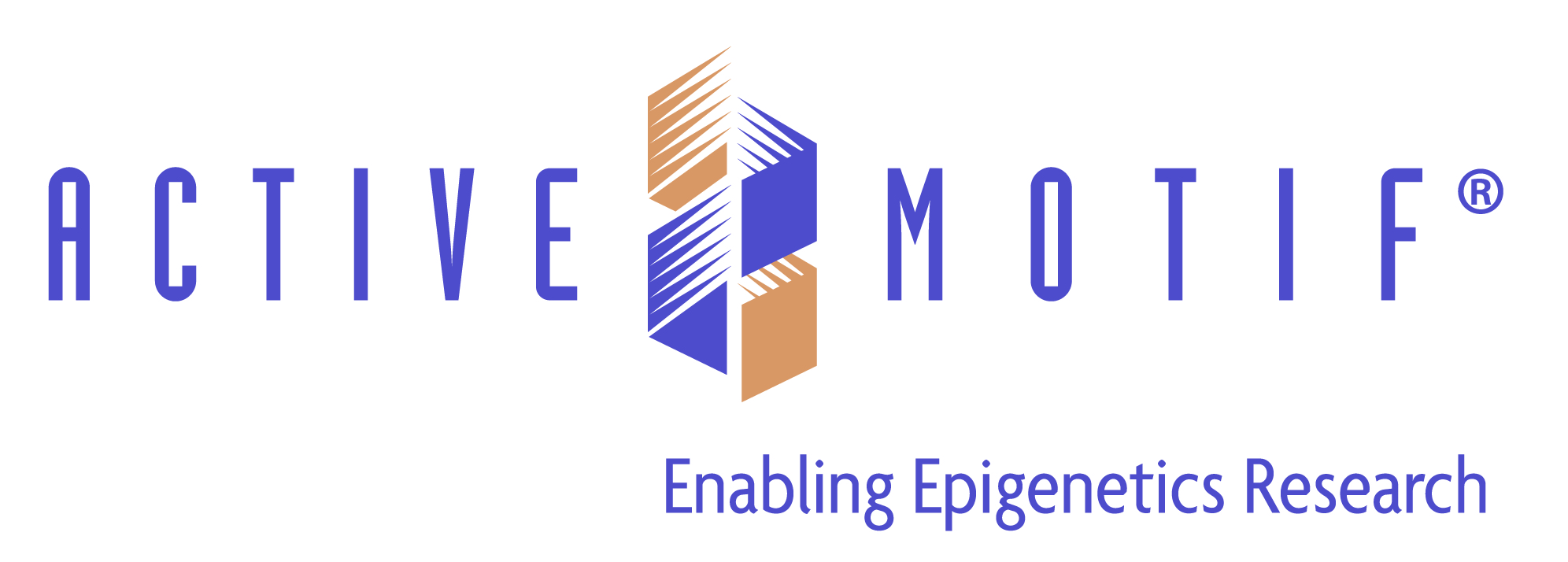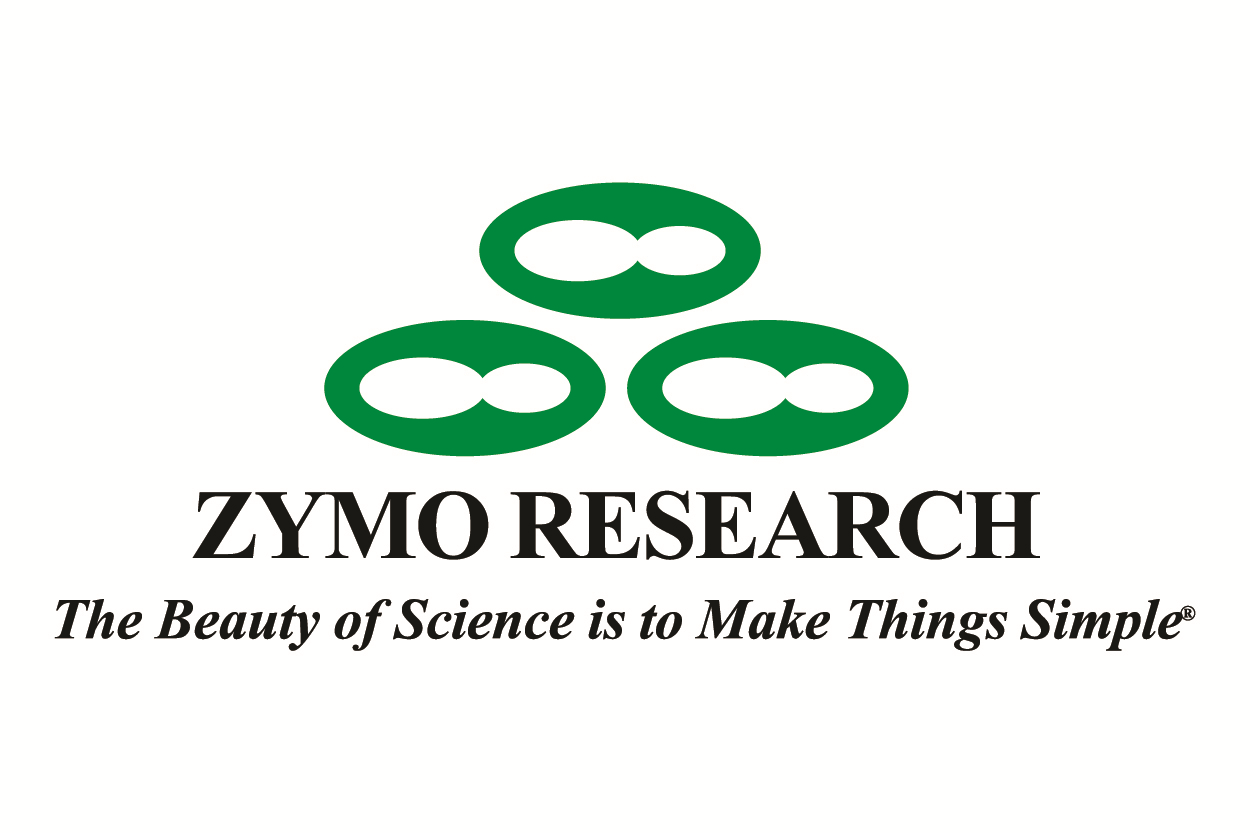VAI Epigenetics Symposium
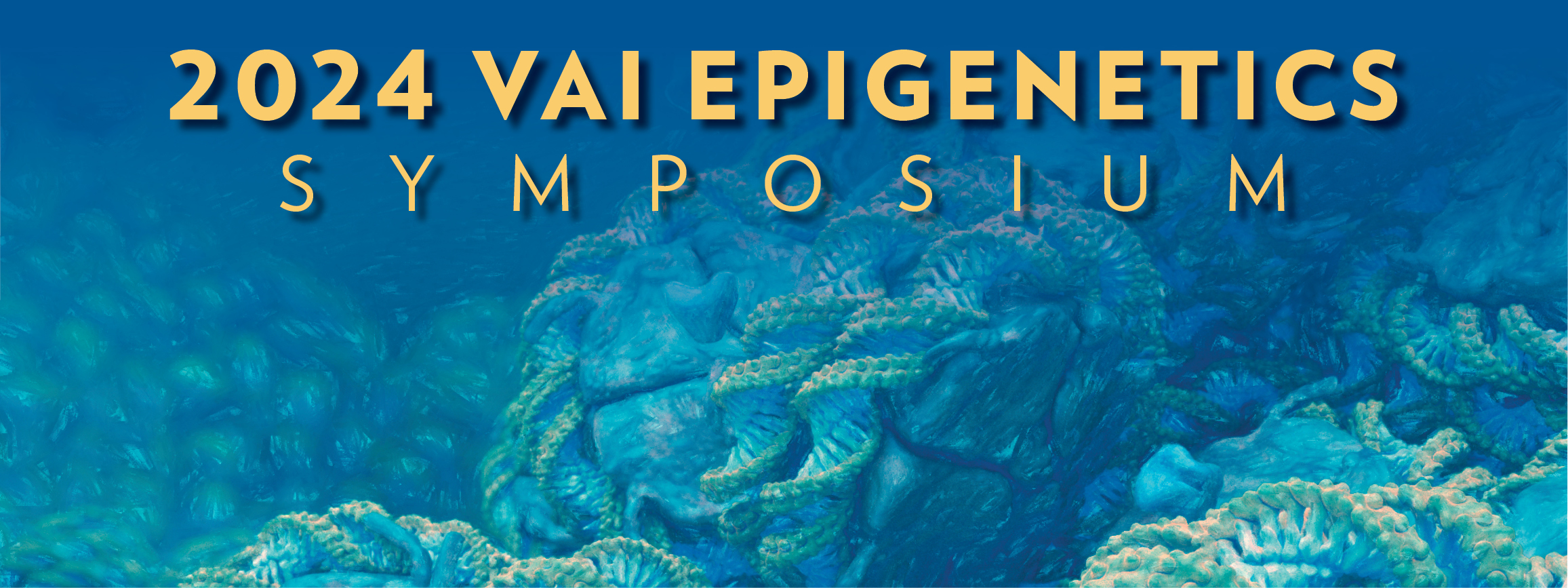
Registration for this event has closed.
The 2024 VAI Epigenetics Symposium will feature the latest advances in cancer epigenetics, with a focus on mechanisms and therapeutic applications. Our outstanding roster of speakers will highlight:
- Mechanisms of epigenetic dysregulation in cancer
- Technology frontiers in cancer epigenetics research
- Epigenetic perturbations and therapeutics
- Crosstalk between epigenetics and immune oncology
In addition to invited talks, there will be several abstract selected short talks and approximately 20 flash talks. If you would like to be considered for the short talks or flash talks, please check the appropriate box during registration. Abstract and poster information may be found on the Posters tab.
For questions or to be added to our email list, please contact Courtney Zirkle.
Monday, July 8, 2024
Welcome Remarks
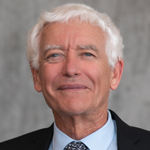
Keynote Introduction
Van Andel Institute
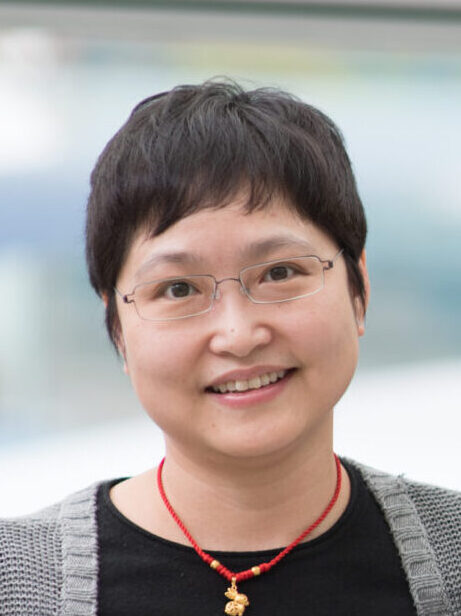
Keynote Seminar
The Institute of Cancer Research
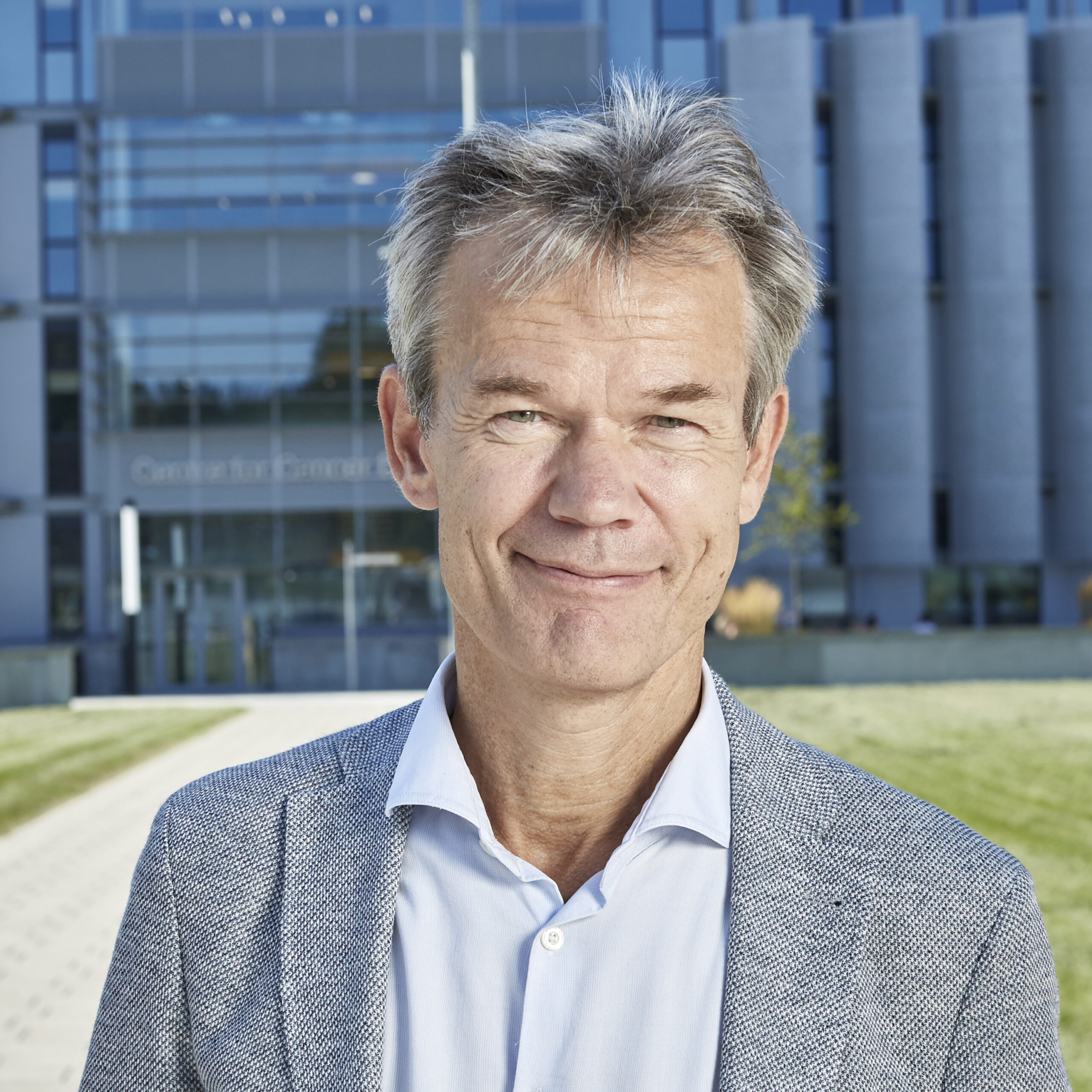
Break
SESSION 1: Epigenetic dysregulation in hematological malignancies (Session Chair: Sophia Chaudhry, Ph.D.)
Yali Dou, Ph.D.
Norris Comprehensive Cancer Center; Brown Center for Cancer Drug Development; University of Southern California

Non-canonical functions of Mixed Lineage Leukemia in cancer
Liling Wan, Ph.D.
University of Pennsylvania
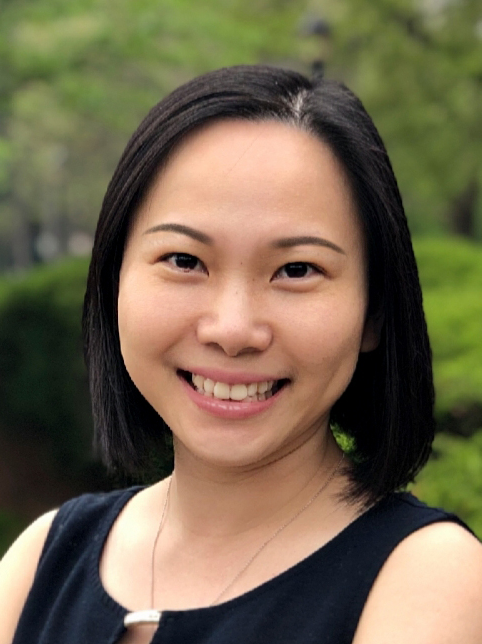
Chromatin regulators in cancer: new mechanisms and therapeutic opportunities
Akihiko Yokoyama, Ph.D.
National Cancer Center Tsuruoka Metabolomics Laboratory
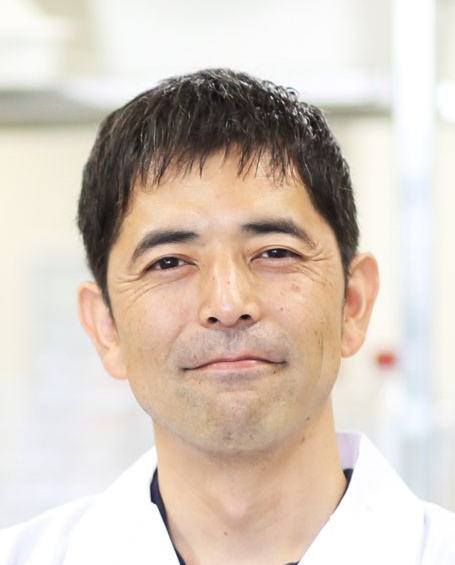
Molecular functions of ENL in Wilms tumor and leukemia
Dustin Schones, Ph.D.
City of Hope
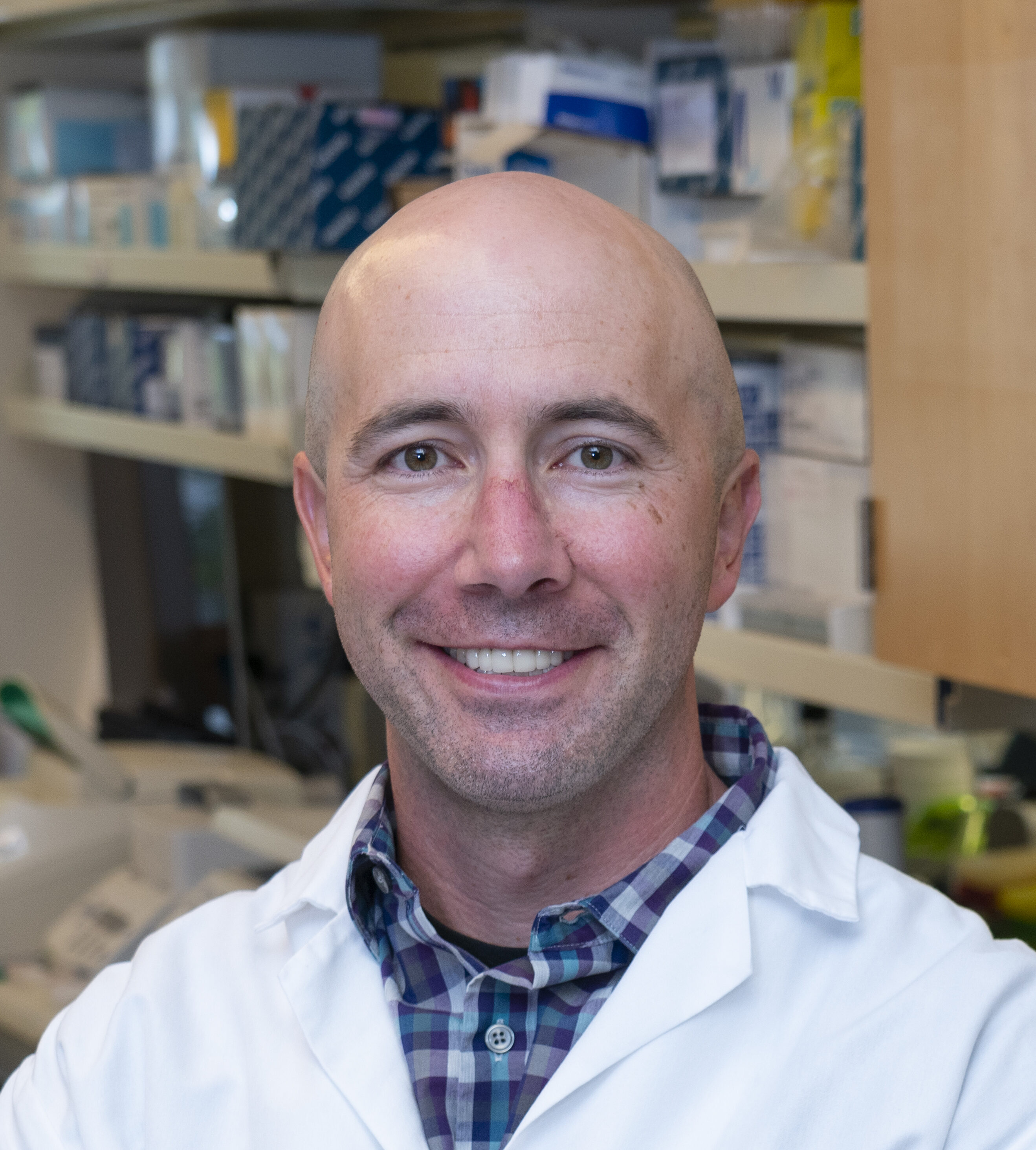
Methylation variability and transposon activation in multiple myeloma
Zhen Dong, Ph.D.
La Jolla Institute for Immunology; University of California San Diego
A mutant ASXL1-EHMT complex contributes to heterochromatin dysfunction in clonal hematopoiesis and chronic monomyelocytic leukemia
Lunch
SESSION 2: DNA methylation in cancer (Session Chair: Mac Watson, Ph.D.)
Daniel de Carvalho, Ph.D.
Princess Margaret Cancer Centre; University of Toronto
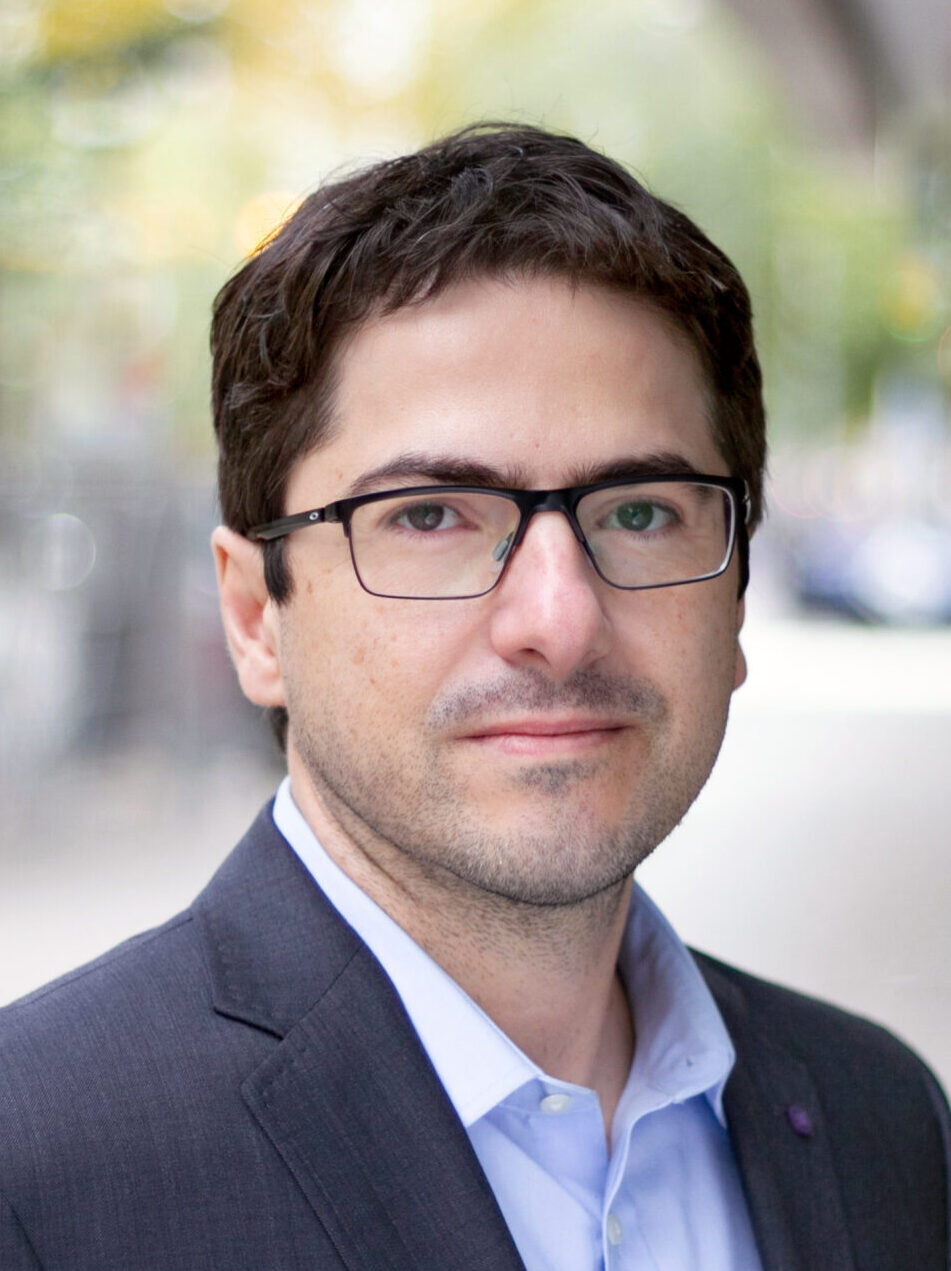
Peter A. Jones, Ph.D., D.Sc. (hon) and Evan Worden, Ph.D.
Van Andel Institute

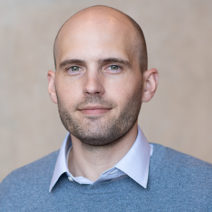
Dnmt3a2: what it does and how it does it
Susan Clark, Ph.D.
Garvan Institute of Medical Research
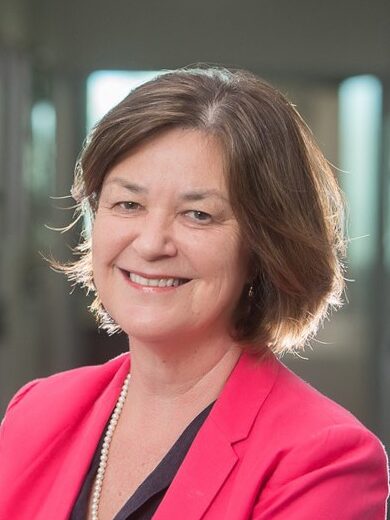
Non-coding cancer mutations at CTCF binding sites: Potential impact on 3D chromatin structure?
Ilaria Panzeri, Ph.D.
Van Andel Institute
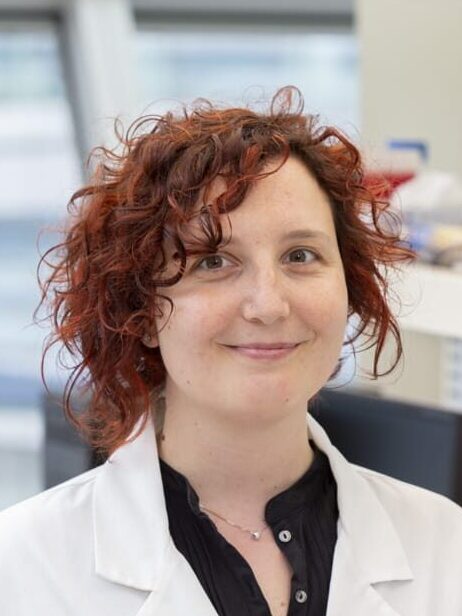
Developmental priming of cancer susceptibility
Break
Joe Costello, Ph.D.
University of California San Francisco

The formative years and influencers of brain tumor cells
Nancy Yun Huang, Ph.D.
Texas A&M University
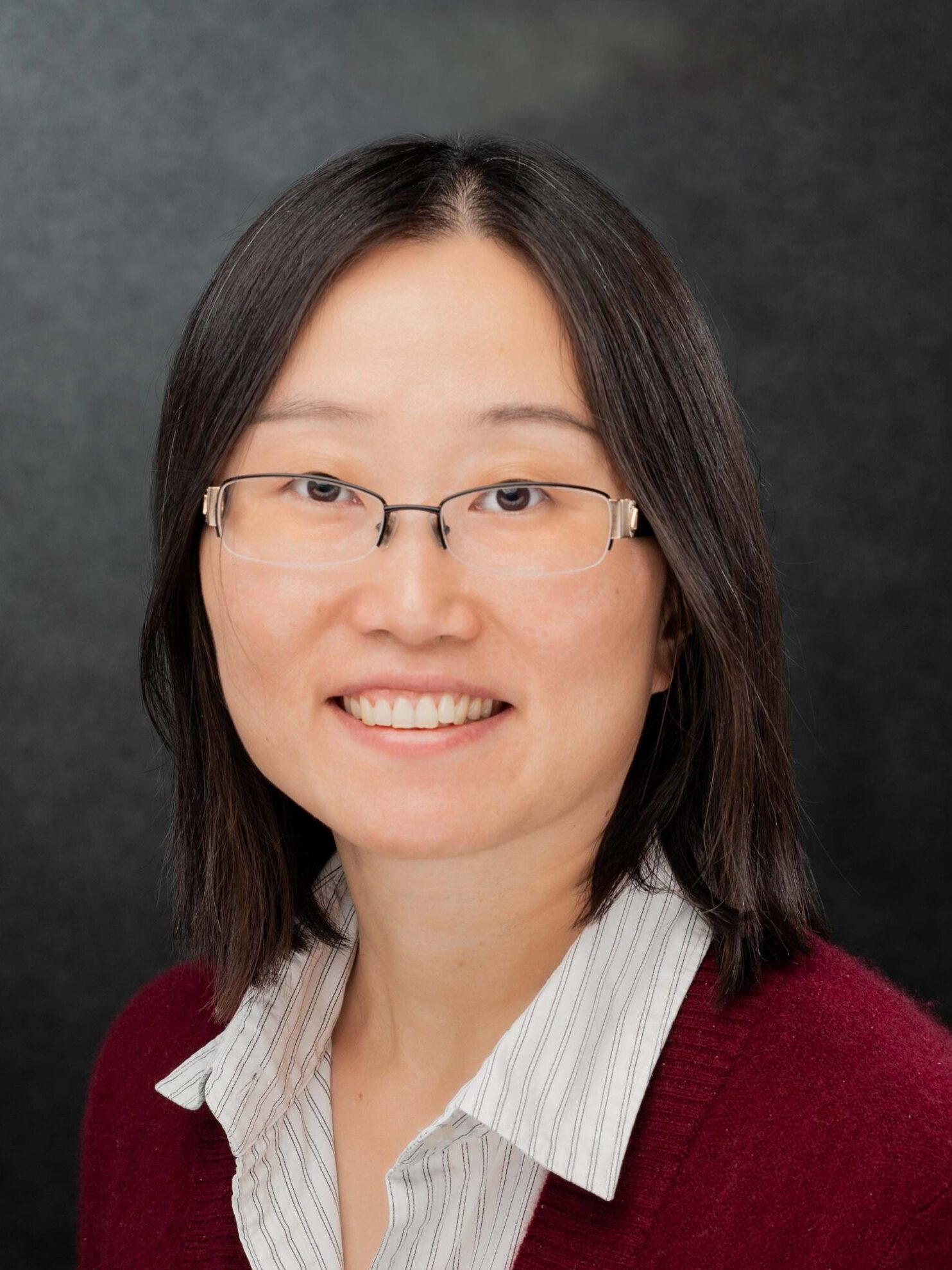
Jean-Pierre Issa, M.D.
Coriell Institute for Medical Research

Epigenetic Regulation by POL-II pausing
Patrick Murphy, Ph.D.
University of Rochester
Harmonizing of parent-of-origin-based chromatin patterns during maternal zygotic transition in zebrafish
Break
SESSION 3: Flash Talks (Session Chair: Amber Ide, Ph.D.)
Flash Talks
Alison Chomiak, Ph.D., Van Andel Institute, Abstract #10
Brandon Park, University of Rochester, Abstract #35
Brooke Grimaldi, Ph.D., Van Andel Institute, Abstract #17
Catherine Smith, EpiCypher, Abstract #42
Elshaimaa Ali, Van Andel Institute, Abstract #3
Hejer Dhahri, Van Andel Institute, Abstract #11
Mamta B. Nirmal, Michigan State University, Abstract #31
Eva Brill, EpiCypher, Abstract #6
Nicholas S. Giacobbi, Michigan State University, Abstract #15
Longxia Xu, Ph.D., Van Andel Institute, Abstract #50
Reid Blanchett, Ph.D., Van Andel Institute, Abstract #5
Shan Hua, University of Rochester, Abstract #22
Shannon Harkins, Michigan State University, Abstract #20
Katelyn Noronha, Ph.D., AtlasXomics, Abstract #32
Yiwen Xie, Mayo Clinic, Abstract #49
Zhaoyu Xue, Ph.D., Van Andel Institute, Abstract #53
Zhi Duan, Ph.D., University of Michigan, Abstract #13
Zhijun Huang, Ph.D., Van Andel Institute, Abstract #23
Reception at VAI
Tuesday, July 9, 2024
Welcome Remarks
Van Andel Institute
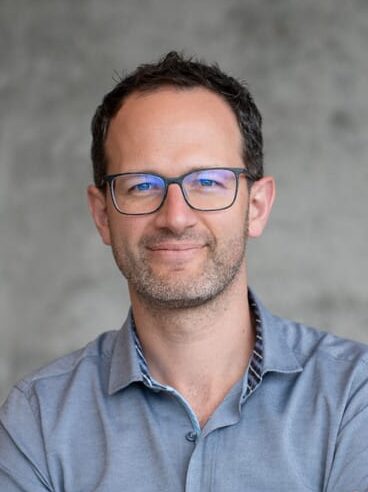
SESSION 3: Chromatin Modifications (Session Chair: J. Andrew Pospisilik, Ph.D.)
Johnathan R. Whetstine, Ph.D.
Fox Chase Cancer Center

Epigenetics: A gateway to DNA Replication, Amplification and Rearrangements
Qin Yan, Ph.D.
Yale School of Medicine
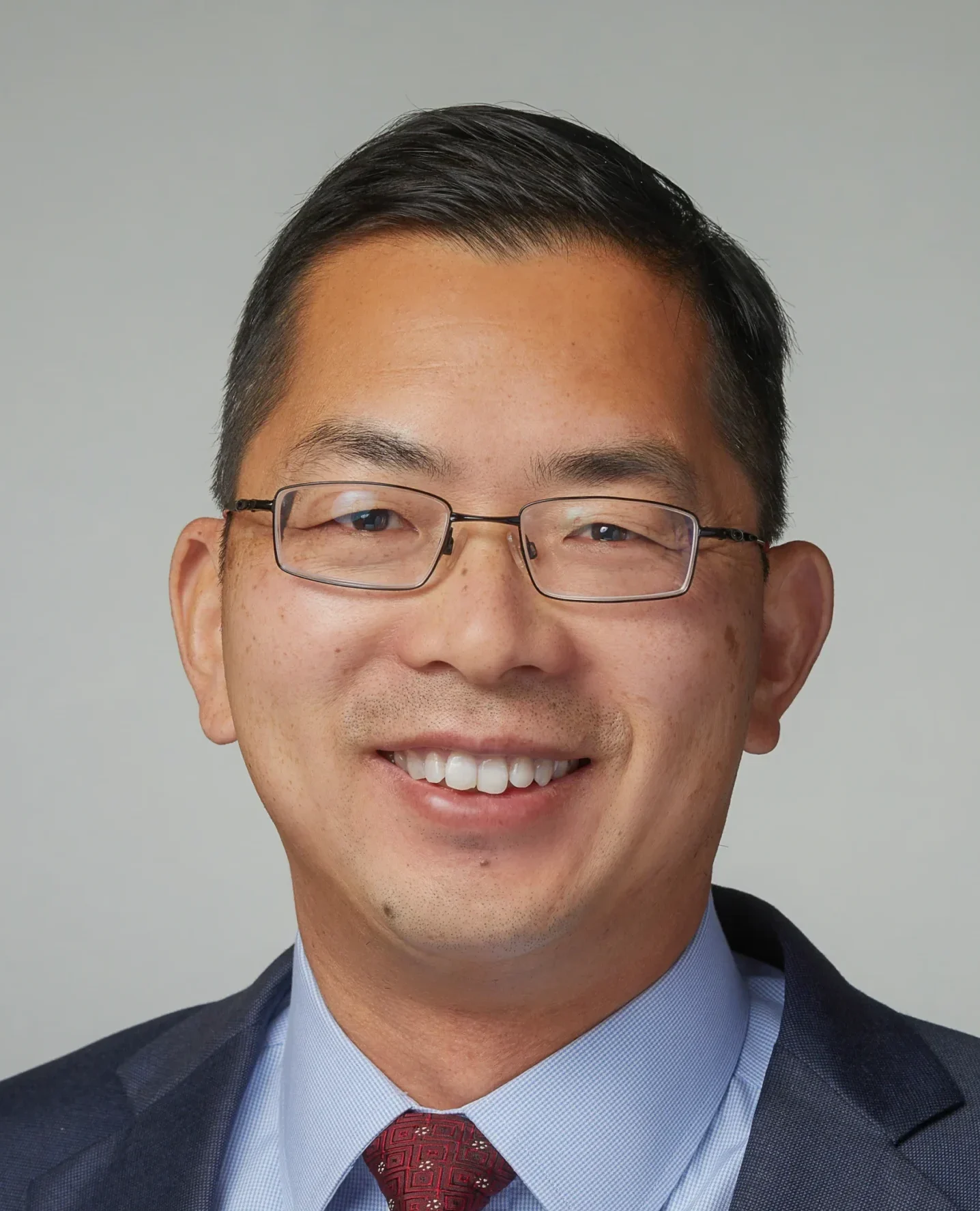
Epigenetic regulation of cancer metastasis and immune evasion
Ling Cai, Ph.D.
Duke University
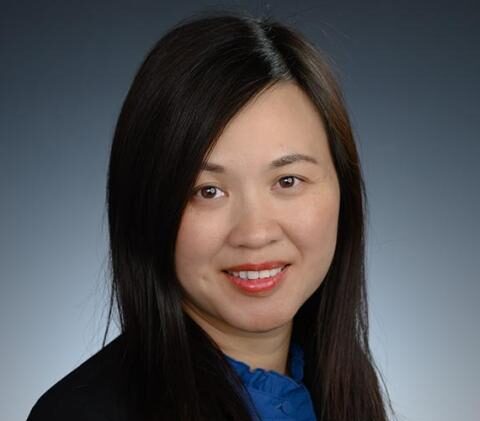
Yanqing Liu
Van Andel Institute
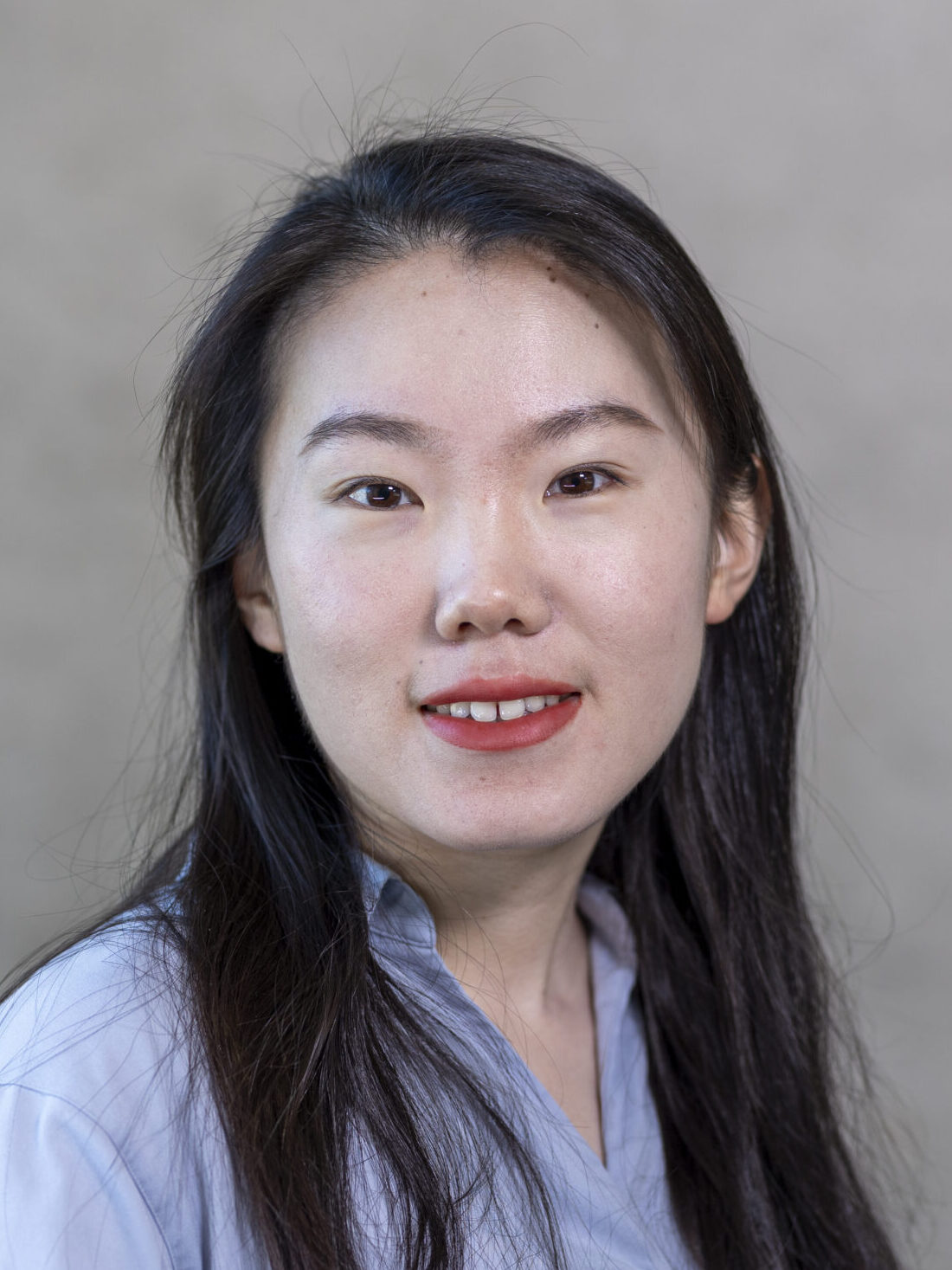
DNA hypomethylation promotes UHRF1 and SUV39H1/H2-dependent crosstalk between H3K18Ub and H3K9me3 to reinforce heterochromatin states
Break
Jacques Côté, Ph.D. FRSC
Laval University
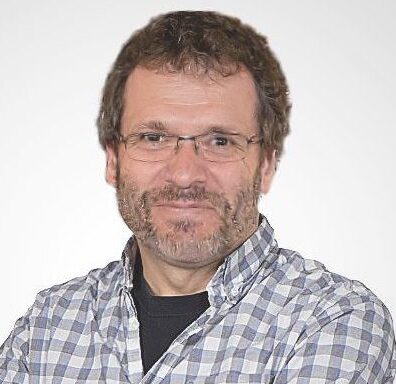
The MYST-family of chromatin modifiers in gene regulation and disease
Wei Xu, Ph.D.
University of Wisconsin-Madison
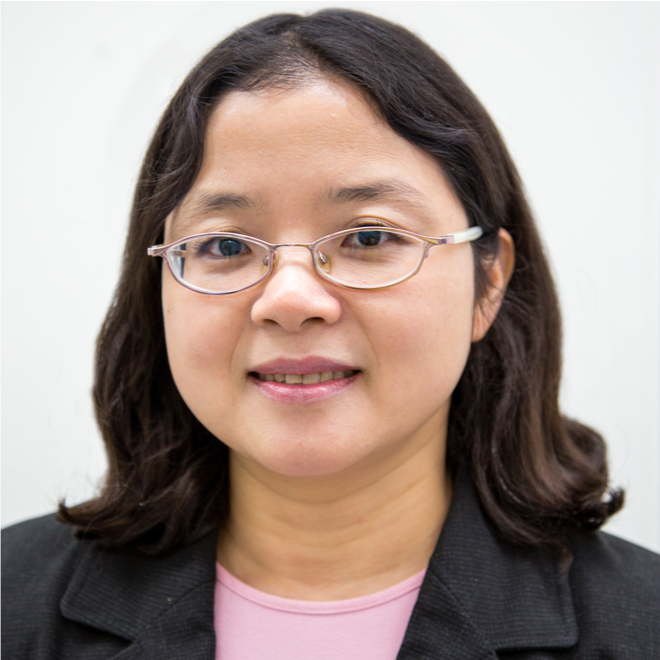
Writers and readers of protein arginine methylation are therapeutic vulnerabilities in cancer
Yvonne Fondufe-Mittendorf, Ph.D.
Van Andel Institute
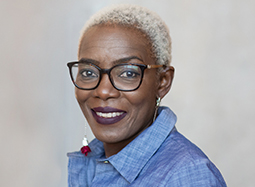
Anbarasu Kumaraswamy, Ph.D.
University of Michigan
Integrated genomic approaches identify novel LSD1 co-targeting strategies for RB1/TP53-null prostate cancer
Lunch
Poster Session
SESSION 4: Technology frontiers in cancer epigenetics (Session Chair: Reid Blanchett, Ph.D.)
Benjamin Sabari, Ph.D.
UT Southwestern Medical Center
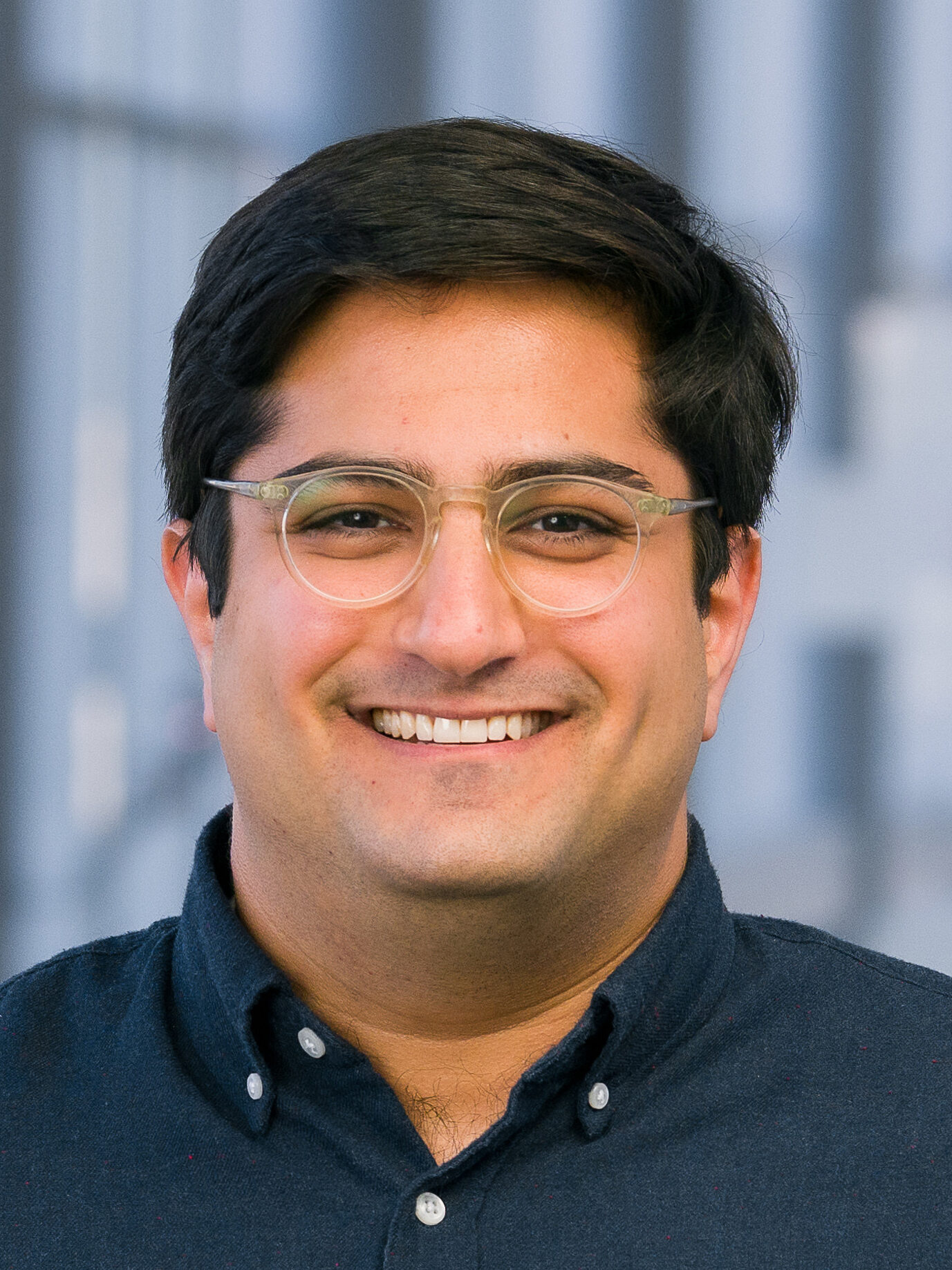
Regulation of transcription by biomolecular condensates
Xiang David Li, Ph.D.
The University of Hong Kong
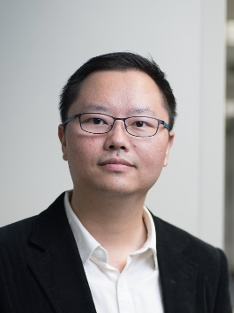
Chemical approaches to decoding histone modifications
Hui Shen, Ph.D.
Van Andel Institute
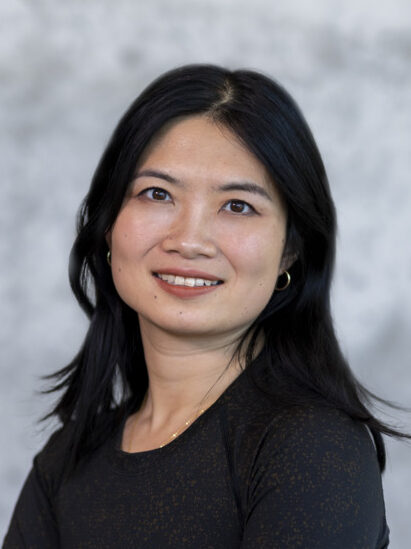
High-resolution profiling of total RNA in single cells
Xueqin Sun, Ph.D.
Sanford Burnham Prebys Medical Discovery Institute
CHD5 suppresses glioblastoma by inhibiting MYC
Break
Chao Lu, Ph.D.
Columbia University
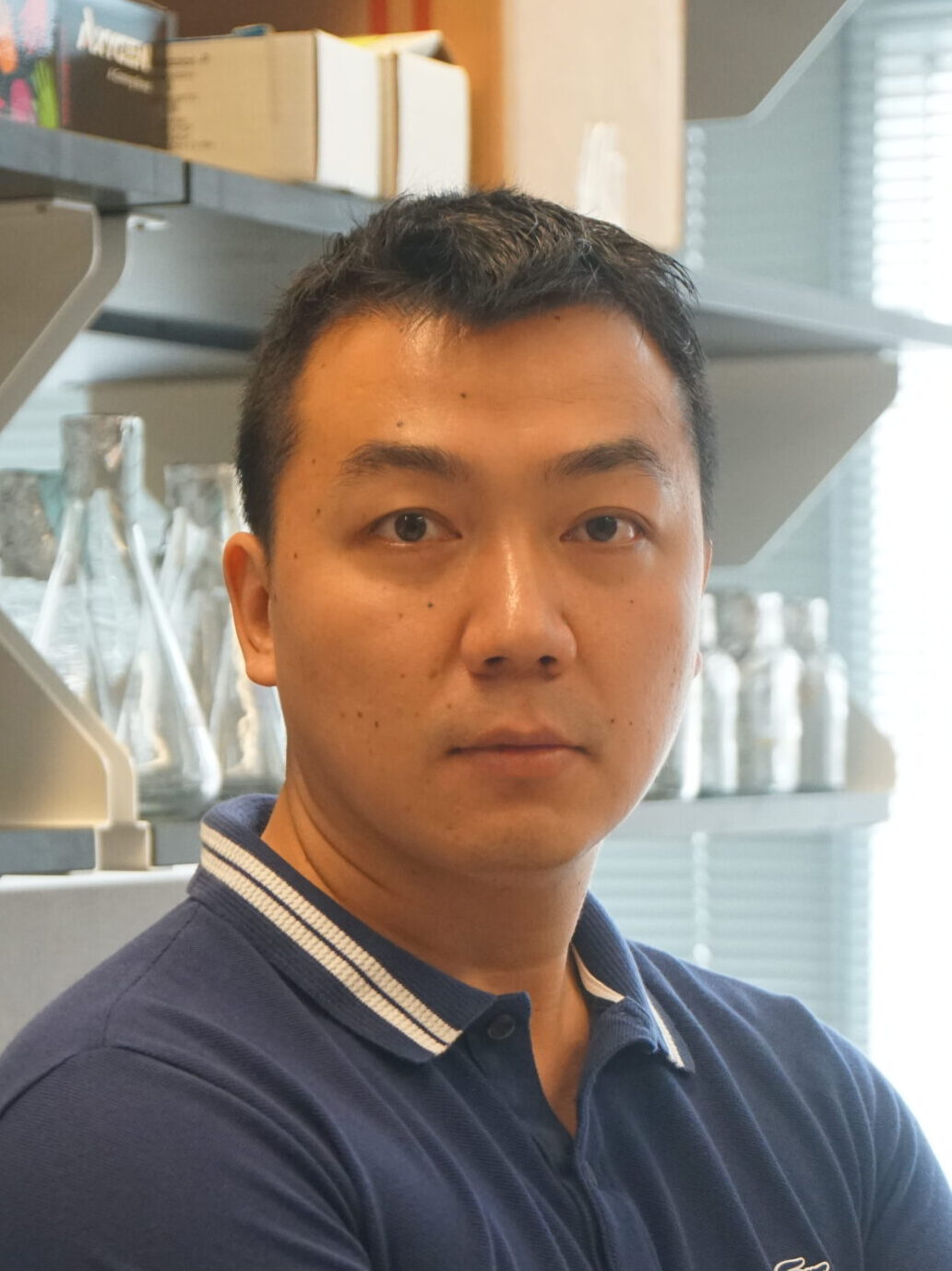
Targeting dysregulated H3K36 methylation in solid tumors
Han Xu, Ph.D.
University of Texas MD Anderson Cancer Center
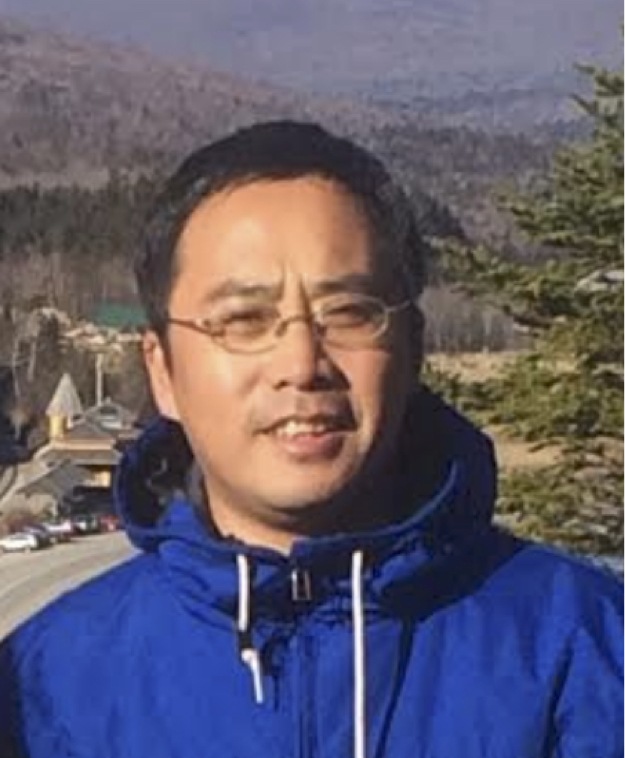
Shannon M. Lauberth, Ph.D.
Northwestern University

The role of noncoding RNAs and RBPs in cancer: shedding light on the transcriptomic dark matter
Karina L. Bursch
Medical College of Wisconsin
PBRM1 Bromodomain missense variants associated with clear cell renal cell carcinoma exhibit variable biochemical fitness
Wednesday, July 10, 2024
Welcome Remarks
Van Andel Institute
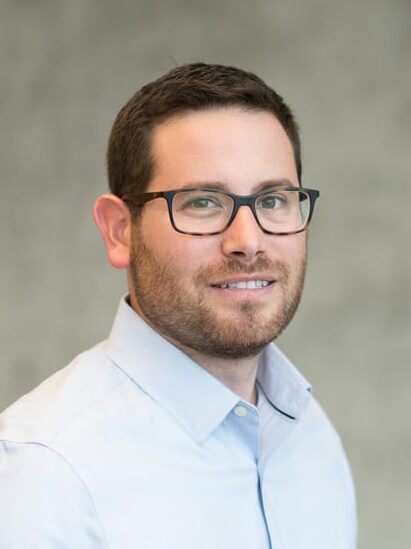

SESSION 5: Epigenetic Mechanisms (Session Chair: Brooke Grimaldi, Ph.D.)and Therapeutics
Kirsten Grønbæk
Ari Melnick, M.D.
Weill Cornell Medicine
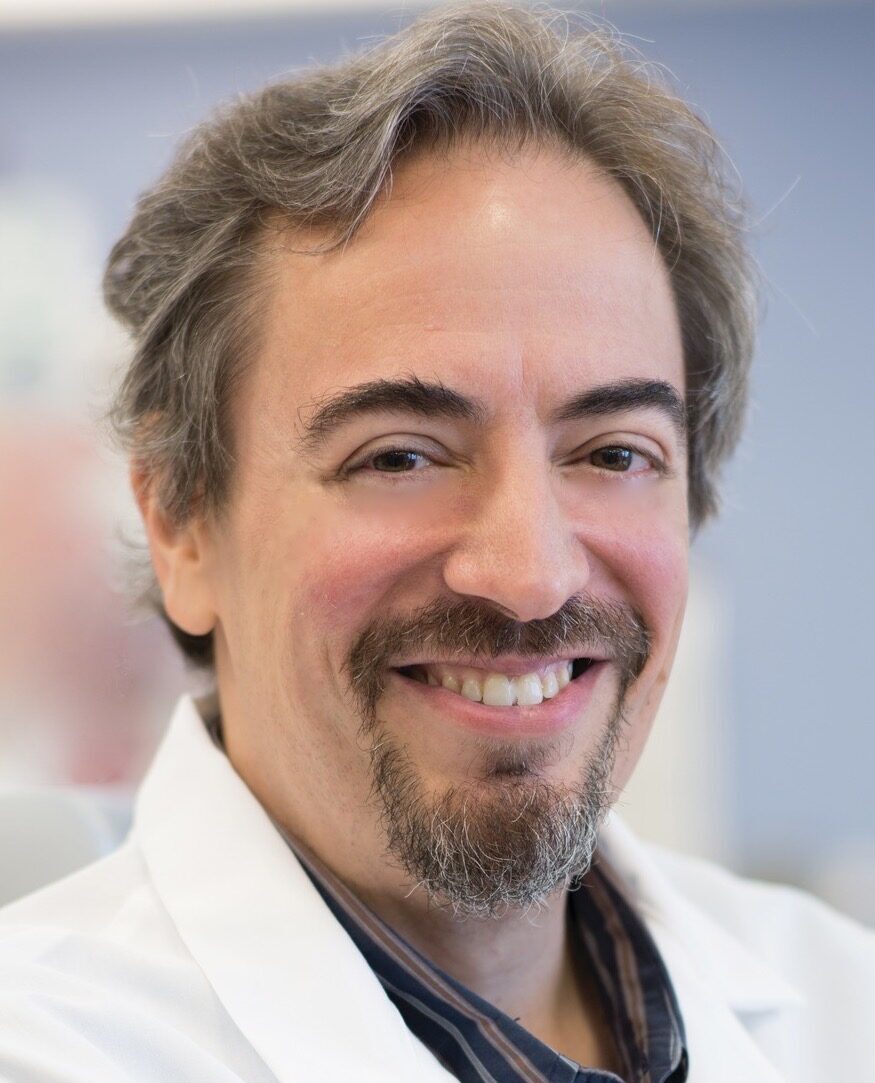
Epigenetic Bases and Therapy of Immune Neoplasm
Kavitha Sarma, Ph.D.
The Wistar Institute

Epigenetic regulation through RNA-containing chromatin structures
Wanding Zhou, Ph.D.
The Children’s Hospital of Philadelphia
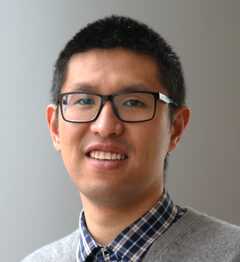
Analysis of cytosine modification dynamics in mice
Lindsey James, Ph.D.
University of North Carolina
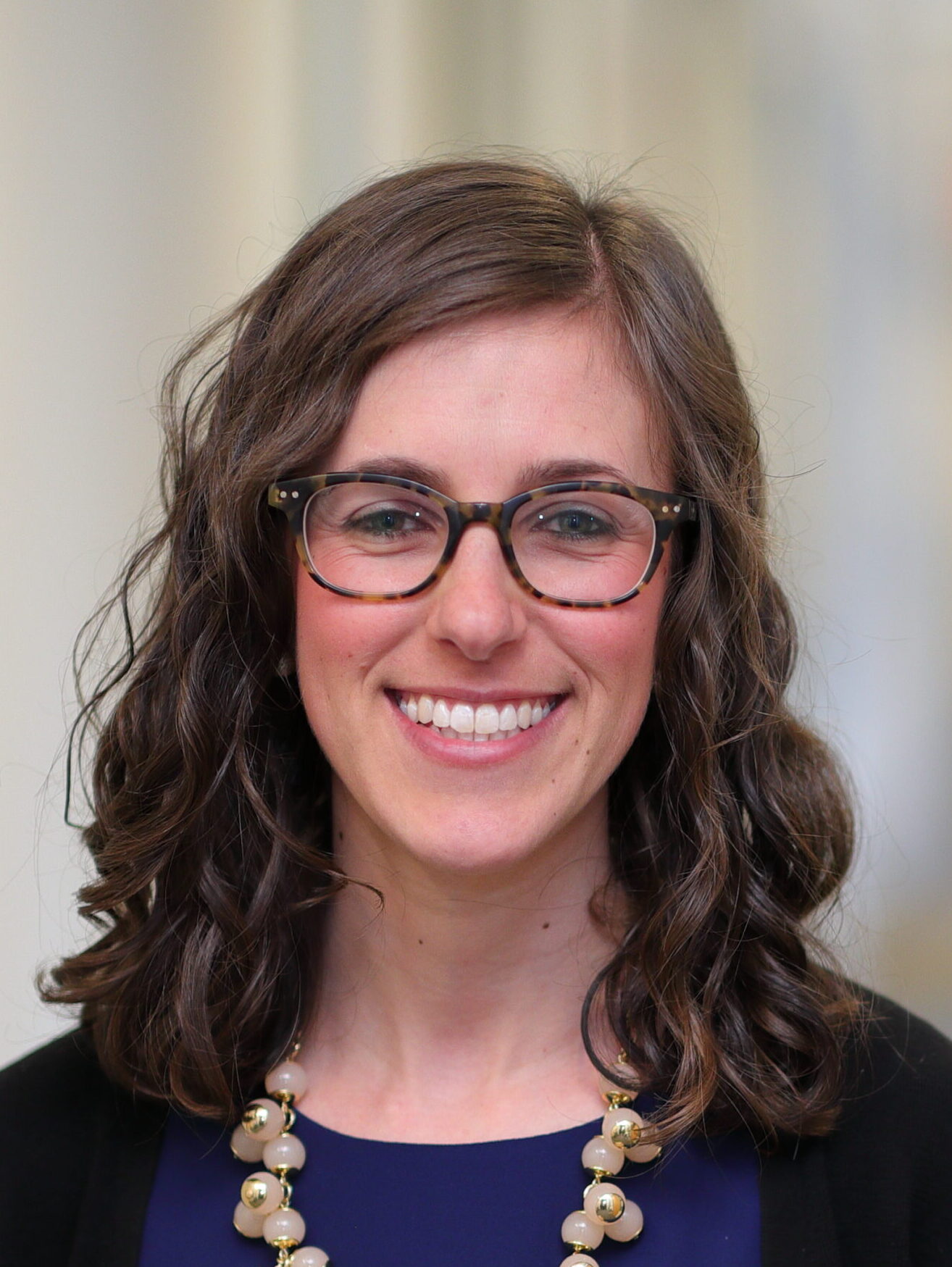
Altering the H3 methylation landscape through degradation of methyl-lysine reader proteins
Break
Keynote Introduction
Van Andel Institute

Keynote Seminar
John Hopkins University; Van Andel Institute
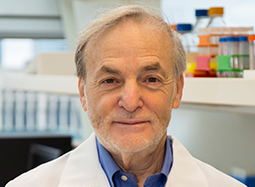
Symposium concludes
Lunch/departures
Johns Hopkins University; Van Andel Institute
Dr. Stephen Baylin earned his M.D. from Duke University in Durham, N.C. in 1968 and completed his internship and first year of residency at the university. He then served as a staff associate at the National Institutes of Health’s National Heart and Lung Institute for two years before returning to Johns Hopkins to complete his residency and fellowship. He was appointed as an assistant professor of medicine at Johns Hopkins in 1974 and rose through the ranks, becoming a professor of oncology in 1986 and a professor of medicine in 1990. In 1991, he was appointed chief of the Tumor Biology Division and, the following year, was named as the associate director for research at the Johns Hopkins Oncology Center. He is currently Virginia and D.K. Ludwig Professor for Cancer Research in the Oncology Department and co-head of Cancer Biology at the Sidney Kimmel Comprehensive Cancer Center at Johns Hopkins.
Dr. Baylin has earned numerous prestigious honors, including the 2004 Investigator of the Year Award from NCI SPORE; the 2005 Shubitz Cancer Research Prize from the University of Chicago; and the 2009 Kirk A. Landon-AACR Prize for Basic and Translational Cancer Research, together with Van Andel Institute (VAI) Chief Scientific Officer Dr. Peter A. Jones. In 2011, Drs. Baylin and Jones were jointly awarded the American Cancer Society’s Medal of Honor. He was elected to the National Academy of Sciences in 2017.
He has authored or co-authored more than 450 publications and served as associate editor of Cancer Research. Dr. Baylin also served on the board of the American Association for Cancer Research Board of Directors from 2004 to 2007, and was the leader of the first SU2C Epigenetics Dream Team, launched in 2009.
He has received numerous honors and accolades, including the 2011 American Cancer Society Medal of Honor, which he shared with Dr. Peter A. Jones; election as a fellow of the American Association of Cancer Research Academy in 2014; and election as a member of the National Academy of Sciences in 2017.
In 2015, he accepted an appointment at VAI as co-leader of the VAI–SU2C Epigenetics Dream Team, which he leads with Dr. Jones, and as a professor in the Center for Epigenetics. In addition to his work at VAI, Dr. Baylin continues his work at Johns Hopkins.
Medical College of Wisconsin
Dr. Ling Cai is an assistant professor in the Department of Pathology at Duke University. She conducted her Ph.D. studies in Dr. Michael Geoff Rosenfeld’s lab at University of California, San Diego (UCSD) and received postdoctoral training in Dr. Charles Sawyers’ lab at Memorial Sloan Kettering Cancer Center (MSKCC) and in Dr. Shelley Earp’s lab at UNC-Chapel Hill. The objective of her research group is to decipher genetic and epigenetic mechanisms underlying the initiation, progression and therapeutic resistance of advanced prostate cancer and to develop novel treatment strategies. Her lab takes integrated biochemical, genomic and cancer biology approaches and cutting-edge technologies to study the roles of various transcription factors and chromatin regulators in the context of advanced prostate cancer.
Professor, Garvan Institute of Medical Research
Professor Susan Clark is a globally renowned researcher in cancer epigenetics, currently Research Director of Epigenetics at the Garvan Institute of Medical Research in Sydney, Australia, and NHMRC Senior Principal Research Investigator. The pioneering techniques she developed, including bisulphite methylation sequencing and bisulphite-based PCR methods in the 1990s and 2000s significantly advanced epigenetic research in development and disease. Using the growing suite of epigenomic sequencing technologies and bioinformatic analyses, her laboratory has made ground-breaking discoveries relating to alterations of epigenomic patterns in cancer genomes, including the concept of long-range epigenetic deregulation spanning large-scale 3D domains associated with changes in replication timing and co-ordinate gene silencing and activation. With over 160 peer-reviewed articles, 30 reviews, and 9 book chapters, her work has received >23,000 citations. Her exceptional contributions have earned her several prestigious awards, including the Ramaciotti Foundation National Medal of Excellence (2015), NSW Premier’s Prize for Excellence in Medical Biological Sciences (2019), and elected fellowships with the Australian Academy (FAA) (2015) and the Australian Academy of Health and Medical Sciences (FAHMS) (2020).
Professor, Laval University
Jacques Côté obtained his Ph.D. from Laval University and did postdoctoral training at Penn State University where he identified and characterized chromatin remodeling complexes (SWI/SNF) involved in gene activation. He then joined Laval University where he held the Canada Research Chair in Chromatin Biology and Molecular Epigenetics and director of the Oncology Division of the CHU de Quebec Research Center. He is an elected fellow of the Royal Society of Canada. His research aim is to understand chromatin dynamics associated with gene regulation, DNA repair and replication. His group studies protein complexes that control acetylation and methylation of histones, and the composition of chromatin. They dissect the molecular mechanisms of epigenetics, in which signals to chromatin mark different genomic loci and are read by effectors to translate a biological response. Major discoveries in his laboratory characterized the structure and function of the NuA4/TIP60 acetyltransferase complex, identified recognition modules for the epigenetic histone signature and demonstrated the essential role of chromatin modifying activities in the processes of DNA repair and replication in eukaryotes.
Professor, University of California San Francisco
Dr. Joseph F. Costello is a Professor in the Department of Neurological Surgery at UCSF. He holds the Karen Osney Brownstein Endowed Chair in Molecular Neuro-Oncology. He was elected to serve as the Basic Science Representative for the Society for Neuro-Oncology. At UCSF he serves as the Director of the Developmental Research Program and the Career Enhancement Program of the UCSF Brain Tumor SPORE grant, and as Director of the Training Program in Translational Brain Tumor Research at UCSF. His two main research interests are tumor evolution and the mechanism of tumor cell immortality.
Canada Research Chair in Cancer Epigenetics and Epigenetic Therapy Senior Scientist, Princess Margaret Cancer Centre, University Health Network Professor, Department Medical Biophysics, University of Toronto
Dr. De Carvalho is a renowned expert in cancer epigenomics and leads a research group at the Princess Margaret Cancer Centre and University of Toronto. He is a pioneer in the use of cancer epigenetics combined with advanced computational approaches for developing novel liquid biopsy tools applied to cancer early detection, classification and monitoring therapy response. Dr. De Carvalho has published over 85 high profile research papers, many of those featured in prestigious scientific journals such as Nature, Science, Cell, Nature Medicine, and Cancer Cell among others and was an invited speaker to over 160 talks worldwide, including such prestigious venues as the opening plenary lecture at AACR annual meeting. For his scientific contributions, Dr. De Carvalho received numerous awards including the AACR-Waun Ki Hong Award, Canadian Cancer Society Bernard and Francine Dorval Prize; Canadian Institutes of Health Research (CIHR) Early Career Award in Cancer. He received the Canada Research Chair in Cancer Epigenetics, the Helen M Cooke Endowed Professorship and was elected membership in the 2019 cohort of The Royal Society of Canada. Dr. De Carvalho founded and currently serves as CSO of Adela, a biotech company developing cell-free DNA methylation liquid biopsy technology for cancer early detection, classification and monitoring therapy response.
La Jolla Institute for Immunology; University of California San Diego
Dr. Dou is a distinguished scientist and academic leader in the fields of chromatin biology and cancer epigenetics. Dr. Dou is the Associate Director for Basic Science at Norris Comprehensive Cancer Center, Co-Director of the Brown Center for Cancer Drug Discovery, and Co-Director of the Molecular Medicine Ph.D. program at University of Southern California. Dr. Dou’s research focuses on the chromatin modification complexes and their functions in human diseases. She is the first to biochemically purify and define the fully active human Mixed Lineage Leukemia 1 and KAT8 complexes and reported the first-in-class MLL1 inhibitors that specifically block MLL1 H3K4 methyltransferase activity. Dr. Dou received her doctoral degree in Genetics from the University of Rochester and was a postdoctoral fellow for Biochemistry and Molecular Biology at The Rockefeller University. She started her independent faculty position at University of Michigan in 2006, before moving to University of Southern California in 2020. Dr. Dou has received many honors and awards, including the prestigious Leukemia & Lymphoma Society Scholar Award, the AACR Gertrude B. Elion Cancer Research Award, Stand Up to Cancer IRG Award and American Cancer Society Scholar Award. She is currently serving on the boards of Molecular Cancer Research (AACR), the Journal of Biological Chemistry (ASBMB) and Cancer and Metastasis Reviews (Springer Nature).
City of Hope
Dr. Yun Nancy Huang is an Associate Professor at the Institute of Bioscience and Technology, Texas A&M University (TAMU). She earned her Ph.D. in 2009 and further honed her expertise through postdoctoral training as a distinguished Leukemia & Lymphoma Society Fellow in Dr. Anjana Rao’s group at Harvard Medical School and the La Jolla Institute. In 2014, Dr. Huang joined TAMU as a CPRIT scholar. Her group focuses on investigating the epigenetic regulatory mechanisms that support normal development and how epigenetic abnormalities, arising from genetic defects or environmental stressors, contribute to pathological conditions, including aging and cancer. Her lab employs epigenomics, mouse genetics, chemogenetics, and optogenetics to characterize the regulation of DNA methylation and demethylation, transcriptional reprogramming, enhancer-promoter looping, and heterochromatin maintenance during normal embryonic development, aging, and malignant transformation. Additionally, Dr. Huang’s group has developed a suite of molecular tools to modulate epigenetic regulators and signaling molecules in a tunable manner, enabling precise adjustment of immune cell functions to advance precision immunotherapy. She has been recognized as a “Scientist to Watch” by The Scientist Magazine and as an American Cancer Society Research Scholar. Her other accolades include the Rising Star Award from the American Medical Professional Foundation, the Cancer Fighter of Houston Foundation Award, the Excellence in Research Award from the TAMU School of Medicine, and the distinguished Mary Beth Maddox Award and Lectureship by The Academy of Medicine, Engineering & Science of Texas (TAMEST).
President and Chief Scientific Officer, Van Andel Institute
Dr. Peter A. Jones was born in Cape Town, raised and attended college in Rhodesia (now Zimbabwe), and received his Ph.D. from the University of London. He joined the University of Southern California in 1977 and served as Director of the USC Norris Comprehensive Cancer Center between 1993 and 2011. He is currently the Chief Scientific Officer of Van Andel Institute (VAI) in Grand Rapids, Michigan. His laboratory discovered the effects of 5-azacytidine on cytosine methylation and he first established the link between DNA methylation, gene expression and differentiation. He pioneered the field of epigenetics, particularly its role in cancer, and helped develop novel therapies for cancer. Dr. Jones is a past president of the American Association for Cancer Research, a Fellow of the AACR Academy, a Fellow of the American Association for the Advancement of Science, a member of the National Academy of Sciences and a fellow of the American Academy of Arts and Sciences. He has published more than 300 scientific papers and received several honors, including the Outstanding Investigator Grant from the National Cancer Institute. He and his colleague Dr. Stephen Baylin shared the Kirk A. Landon Award for Basic Cancer Research from the AACR in 2009 and the Medal of Honor from the American Cancer Society in 2011.
University of Michigan
Associate Professor, Northwestern University
Ph.D. Candidate, VAI Graduate School
Ari Melnick, M.D., is the Laurel Gebroe Family Professor of Hematology/Oncology and a Professor of Medicine, Immunology and Pharmacology at Weill Cornell Medicine (WCM) in New York City, USA. Dr. Melnick was raised in Argentina and received his medical degree from the University of Buenos Aires, Argentina. He completed a residency in internal medicine and a fellowship in hematology/oncology, as well as a postdoctoral fellowship at the Mount Sinai School of Medicine in New York City, USA.
Dr. Melnick’s long-standing research interests include oncogenic epigenetic mechanisms, biology and molecular targeting of B-cell lymphomas and acute leukemias, targeting transcriptional and epigenetic repressors for cancer therapy, and identifying the epigenetic basis of hematologic malignancies. He and his research associates have developed several novel therapies to correct aberrant transcriptional regulation and signaling in these tumors. These have led to early phase as well as phase III cooperative group clinical trials and FDA approvals. He has created novel infrastructures for translational research and created dynamic bench to bedside teams of clinical investigators with laboratory scientists. He also has an interest in health disparities in hematologic malignancies and is developing precision medicine approaches to address some of these challenges.
Dr. Melnick has authored more than 340 published manuscripts in journals such as Nature, Science, Cell, Cancer Discovery, Cancer Cell, Nature Medicine, Nature Immunology and the New England Journal of Medicine. He is a past ASH Faculty Scholar, LLS Scholar, Burroughs Wellcome Translational Research Scholar and Kimmel Foundation Scholar and is a member of the American Society for Clinical Investigation and the American Association of Physicians. He was the Bonadonna Lecturer at the 2019 ICML meeting in Lugano and recipient of the 2020 Beutler Lecture and Prize from the American Society of Hematology. Dr. Melnick has a primary interest in fostering the career development of junior scientists at every level. He has created and led training programs and national initiatives on training and mentoring. Many of his trainees have become successful independent investigators and about 50% of these are under-represented minorities.
Dr. Melnick has been Scientific Chair of the American Society of Hematology annual meeting and chair of the AACR Lymphoma Meetings in 2018 and 2020. He also has organized a number of other international scientific meetings in the areas of epigenetics and hematologic malignancies. He has participated in numerous study sections for the NIH and other organizations, and is a member of the editorial board for journals such as Cancer Discovery, Blood Cancer Discovery and Science Advances.
Professor, Department of Epigenetics, Van Andel Institute
Dr. Yvonne Fondufe-Mittendorf is an epigenetics expert with an interest in how environmental factors impact the epigenome and spur cancer development. She earned her bachelor’s and master’s degrees from University of Ibadan, Nigeria, and her Ph.D. in molecular genetics from Georg-August Universitaet, Germany. Following postdoctoral fellowships in the Jovin Lab at Max Planck Institute for Biophysical Chemistry, Germany, and the Widom Lab at Northwestern University, Dr. Fondufe-Mittendorf joined University of Kentucky as an assistant professor. She was promoted to full professor in 2021. She joined Van Andel Institute’s Department of Epigenetics as a professor in 2022. Her research blends epigenetics, toxicology, bioinformatics and medicine to understand how interactions with the environment, such as exposure to toxicants like arsenic, drive gene dysregulation and disease pathology. She and her groundbreaking research have been highlighted by American Society for Biochemistry and Molecular Biology, PLoS One Everyone, Onclive and the National Institute of Environmental Health Sciences’ Environmental Factor. She has earned multiple awards for her research and mentorship, including the National Institute of Health’s IDeA Thomas Maciag Award, University of Kentucky Research Professorship and recognition from University of Kentucky’s Chellgreen Center.
University of Rochester
Research Scientist, Department of Epigenetics, Van Andel Institute
Dr. Ilaria Panzeri has a B.S. in biotechnology, an M.S. in biology and a Ph.D. in translational and molecular medicine from the University of Milano-Bicocca in Milan. Dr. Panzeri’s graduate work focused on the study of noncoding RNAs as modulators of cell identity and differentiation in the human immune system. Her postdoctoral work was first conducted at the Max Planck Institute of Immunobiology and Epigenetics in Germany, focusing on the epigenetic origins of phenotypic variation and heterogeneity in complex metabolic diseases. She was awarded numerous prizes and honors, including a Human Frontier Science Program Fellowship. In 2019, she joined the laboratory of Dr. Andrew Pospisilik at Van Andel Institute.
Dr. Sarma joined The Wistar Institute in 2016 in the gene expression and regulation program. She is also a core member of the Epigenetics Institute at the University of Pennsylvania. Dr. Sarma is an expert in both chromatin and non-coding RNA biology, having extensively studied eukaryotic gene regulation and mammalian dosage compensation. Dr. Sarma completed her graduate studies with a Ph.D. in biochemistry from Rutgers University and conducted her postdoctoral training at the Massachusetts General Hospital-Harvard Medical School. In 2017, Dr. Sarma was awarded the NIH New Innovator Award to explore the functions of RNA containing chromatin structures called R-loops. Her laboratory currently explores RNA function in epigenetic gene regulation and in the formation of atypical chromatin structures in disease.
Professor, Department of Epigenetics, Van Andel Institute
Dr. Shen received her B.Sc. in biology from Nanjing University and her Ph.D. in genetic, molecular, and cellular biology from the University of Southern California (USC) with a Provost PhD Fellowship. Dr. Shen has been part of The Cancer Genome Atlas team, a multi-institutional effort to better understand the molecular basis of cancer through genomic analysis. She joined VAI in September 2014 as an assistant professor and, in 2018, was promoted to associate professor. She is currently an F1000 Faculty Member for Cancer Epigenetics, and has been awarded the Liz Tilberis Award by Ovarian Cancer Research Alliance, an NIH/NCI ESI MERIT award and an AACR Team Science Award.
Dr. Schones is interested in the epigenetic regulation of the genome and how epigenetic modifications contribute to complex diseases such as diabetes, obesity and cancer. He performed his graduate training at Cold Spring Harbor Laboratory, developing computational methods to analyze transcription factor binding and applying these methods to investigate transcriptional networks in adipogenesis. He was a Claude Lenfant postdoctoral fellow at the National Heart, Lung, and Blood Institute of the NIH where he developed some of the first computational methods for analyzing next-generation sequencing data to study the role of chromatin in gene regulation. At the City of Hope, Dr. Schones’s group combines computational and experimental approaches to investigate the role of epigenetics in human disease. The epigenetic regulation of repetitive elements is a major focus of the lab. They are exploring how loss of epigenetic repression of repetitive elements contributes to gene regulatory changes in cancer, aging and metabolic disease.
Sanford Burnham Prebys Medical Discovery Institute
Dr. Liling Wan is an Assistant Professor at University of Pennsylvania Perelman School of Medicine. She earned a B.S. in Biological Sciences and Biotechnology from Tsinghua University, followed by a Ph.D. in Molecular Biology from Princeton University in the lab of Dr. Yibin Kang with an Honorific Fellowship. Dr. Wan then completed a postdoctoral fellowship in Dr. David Allis’s lab at Rockefeller University, where she studied the role of chromatin reader proteins in cancer. She established her lab in 2020, where her group studies basic chromatin and gene regulatory mechanisms and how these mechanisms are dysregulated in cancer, with the goal of harnessing these insights for therapeutics. She has been recognized for her research through numerous awards, including NIH Pathway to Independence Award (K99/R00), the NIH Director’s New Innovator Award (DP2), and Scholar Awards from PewStewart, V Foundation, American Society Hematology, Leukemia & Lymphoma Society, and American Cancer Society
Assistant Professor, Department of Structural Biology, Van Andel Institute
Dr. Evan Worden leverages breakthrough technologies such as cryo-EM to investigate the epigenetic mechanisms underpinning cancer, with a focus on posttranslational histone modifications. He earned his Ph.D. in molecular and cell biology from University of California, Berkeley, under the mentorship of Dr. Andreas Martin. Dr. Worden’s graduate work explored protein degradation by the 26S proteasome and answered long-standing questions about the mechanisms that link ubiquitin removal and protein degradation. From there, he joined the lab of Dr. Cynthia Wolberger at Johns Hopkins University as a postdoctoral fellow. Using cryo-EM and biochemical approaches, he elucidated novel functions of Dot1L and COMPASS, two histone lysine methyltransferases that play key roles in gene transcription. In 2021, Dr. Worden joined Van Andel Institute’s Department of Structural Biology as an assistant professor.
He has earned numerous prestigious awards for his research, including a Damon Runyon Cancer Research Foundation Postdoctoral Fellowship, the Paul Ehrlich Award for Postdoctoral Research from Johns Hopkins, and the Nicholas Cozzarelli Prize for best Ph.D. thesis from University of California, Berkeley. In 2020, he was a finalist for the Damon Runyon Dale Frey Award.
Dr. Han Xu is an associate professor at University of Texas MD Anderson Cancer Center. He received Ph.D. in Bioinformatics from Nanyang Technological University, Singapore (2011) and conducted postdoctoral training at Dana Farber Cancer Center (2011-2015). Dr. Xu’s long-term research interest is to understand transcriptional and epigenetic regulations in mammalian cells from a system biology viewpoint. This interest is fueled by the rapid technological advances in high-throughput genomic, transcriptomic, and proteomic profiling, as well as in genetic and epigenetic functional perturbation assays. Dr. Xu has developed a series of computational methods for the analysis, interpretation and integration of high-throughput profiles to understand the links among protein-DNA interaction, high-order chromatin structure, and gene expression (Cell 2008; Bioinformatics 2008 & 2010; Genome Biol., 2010; Nat. Genet., 2011; Mol. Cancer Res., 2015). Over the past 10 years, Dr. Xu and his laboratory have been actively engaged in the optimization of CRISPR systems and the algorithm development for rational design and analysis of high-throughput CRISPR functional screens (Genome Res., 2015; Genome Biol., 2015; Nat. Commun., 2017, 2019 & 2022; Bioinformatics, 2021; Nucleic Acids Res., 2023). These tools collectively addressed the needs for large-scale functional characterization of transcription factors and epigenetic regulators.
Dr. Wei Xu received B.S. in Chemistry from Beijing University and M.S. in Biophysics from Institute of Biophysics, Chinese Academy of Science. She graduated from Department of Biochemistry, Univ. of Iowa with PhD. After postdoctoral training with Dr. Ronald Evans in the Salk Institute, she started her lab as a tenure-tracked assistant professor at Univ. of Wisconsin-Madison in 2005. She was promoted from Assistant Professor to Full Professor in 9 years.
The Xu lab focuses on targeting estrogen receptors and epigenetic regulators for breast cancer therapy. Dr. Xu’s laboratory has employed biochemical and functional genomic approaches, as well as mouse genetics to decipher the contribution of protein arginine methylation to the epigenetic control of cancer cells.
Dr. Xu is now Marian A. Messerschmidt Professor in Cancer Research and Vice Chair for Department of Oncology. Dr. Xu is also the Genetics and Epigenetics Program co-leader for Carbone Comprehensive Cancer Center, Univ. of Wisconsin-Madison. The Xu laboratory has been continuously funded by grants from the NIH and Department of Defense. Dr. Xu has received numerous awards including Department of Defense Era of Hope Scholar Award, Society of Toxicology Achievement Award, AACR-Bayer Innovation and Discovery Grant, AAAS fellow, among others.
Professor of Pathology, Yale School of Medicine
Qin Yan obtained his B.S. degree from the University of Science and Technology of China in 1996. After his Ph.D. training on transcription and ubiquitination with Drs. Joan and Ronald Conaway at the University of Oklahoma Health Sciences Center, he completed his postdoctoral training on cancer biology with Dr. William Kaelin at the Dana-Farber Cancer Institute and Harvard Medical School. He joined the Yale faculty in 2008 and is currently Professor and Director of the Center for Epigenetics and Biomarkers in the Department of Pathology at Yale School of Medicine. He also serves as Co-Leader of the Genomics, Genetics and Epigenetics Research Program and Co-Director of Translational Research for the Breast Center of Excellence at the Yale Comprehensive Cancer Center. He directs a cancer epigenetics research laboratory and has made major discoveries on epigenetic regulation of cancer metastasis and immune evasion. He is current an Associate Editor of Cancer and Metastasis Reviews. He has been recognized with many awards including Era of Hope Scholar Award from the DoD Breast Cancer Research Program and
Akihiko Yokoyama obtained his Ph.D. degree from Tokyo Medical and Dental University in 2001 for the work on Epstein-Barr virus-mediated transformation (supervised by Dr. Kanji Hirai). During his Ph.D. course, he started a research project on MLL-associated leukemia in the laboratory of Dr. Misao Ohki and Dr. Issay Kitabayashi at National Cancer Center Research Institute (NCCRI). He then joined the laboratory of Dr. Michael Cleary at Stanford University from 2002 to 2008 and characterized the molecular architecture of MLL and MLL fusion complexes. After his six-year stint in US, he came back to the Kitabayashi lab and then moved to Kyoto University to start his own laboratory. In 2017, he moved to National Cancer Center Tsuruoka Metabolomics Laboratory in Yamagata to serve as a team leader. He has characterized the MLL and AF4/ENL/P-TEFb complexes and their roles in physiological and oncogenic contexts. In that process, he found that MENIN is an essential oncogenic cofactor in MLL-associated leukemia, which provided a molecular basis of MEININ-MLL interaction inhibitors. In recent years, he has been working on the roles of MOZ/MORF and AF10/DOT1L complexes in leukemia. His ultimate goal is to understand the molecular mechanisms of leukemogenesis and other childhood cancers and provide better therapeutic strategies for the patients.
Dr. Zhou, an Assistant Professor of Pathology at the Children’s Hospital of Philadelphia and the University of Pennsylvania, leads a lab focusing on computational and experimental genomics. With a Ph.D. in Bioengineering from Rice University and postdoctoral work at Van Andel Institute, his expertise lies in DNA methylation and its role in disease. He has contributed to developing DNA methylation arrays, including the EPIC, MM285, Mammal40, and EPICv2 arrays. His work also encompasses bioinformatics methods and open-source software for DNA methylation analysis, supporting technologies like Infinium arrays (SeSAMe), methylome sequencing (BISCUIT), and nanopore sequencing (DeepMod2). Additionally, Dr. Zhou’s contributions include informatics tools for variant annotation (TransVar) and structural variation detection (novoBreak, breakDown), as well as tools for matrix exploration (PyComplexHeatmap).
There will be several abstract selected short talks and approximately 20 flash talks. If you would like to be considered for the short talks or flash talks, please check the appropriate box during registration.
Eligibility
Students, postdoctoral fellows, faculty and research staff are welcome to submit an abstract. If the number of submitted poster abstracts exceeds the space, the organizers will select the abstracts that are most relevant to the conference theme.
Abstract format
Submitted abstracts should represent original research. The title should be brief and descriptive, and the body should include rationale, methods and results. Please prepare abstracts using the below template.
Abstract submission
Poster abstracts should be submitted during the registration process.
Questions?
Questions regarding abstract submission, posters, or the poster session can be directed to Courtney Zirkle.
TITLE OF ABSTRACT IN ALL CAPS (STYLE = TITLE)
Presenting Author1,2, Other Author1, and Last Author1,3(Style = Authors)
1First Dept., Institution, City, State, Country, 2Second Dept., Institution, City, State, Country, and 3Last Dept., Institution, City, State, Country (Style = Affiliations)
Body of abstract using 300 words or less. Define each abbreviation at first use. All fonts should be Arial, 11 pt. and text should be single-spaced. Once you have filled in this template, choose File>Save As and save your file as a Word document (.doc or .docx) with the filename lastname_abstract. (Style = Body)
EXAMPLE
THE ROLE OF EPIGENETICS IN CANCER METABOLISM
Andrew Pospisilik1,2 and Russell Jones1
1Department of Metabolic and Nutritional Programming, Van Andel Institute, Grand Rapids, MI, United States, 2Department of Epigenetics, Van Andel Institute, Grand Rapids, MI, United States
Cancer is essentially a disease in which cells have lost their normal checks on cell proliferation. Cancer cells also have evolved to evade elimination by the immune system, the body’s defense mechanism against foreign invaders. Recent studies suggest…
The 2024 VAI Epigenetics Symposium will feature the latest advances in cancer epigenetics, with a focus on mechanisms and therapeutic applications.
For questions about sponsorship, please contact Courtney Zirkle.
Postdoctoral Fellow, Triche Lab, Department of Epigenetics, Van Andel Institute
Dr. Nathaniel Buteyn earned his Ph.D. in molecular, cellular and developmental biology from Ohio State University and his B.S. in biotechnology from Calvin College. His graduate work focused on the development of novel immunotherapies for the treatment of acute myeloid leukemia. These included inducing fratricidal blast-to-blast killing utilizing anti-CD38 monoclonal antibody Daratumumab in conjunction with all-trans retinoic acid and the reactivation of innate immunity/NK cell cytotoxicity through activation of the intracellular pathogen recognition receptor NOD2 with a synthetic bacterial peptide, muramyl tripeptide phosphatidylethanolamine. Dr. Buteyn’s lab skills include mammalian cell culture, murine drug models, qPCR, Western blots, cytotoxicity assays and flow cytometry. In 2020, he joined the lab of Dr. Tim Triche, Jr., as a postdoctoral fellow.
Postdoctoral Fellow, Pospisilik Lab, Department of Epigenetics, Van Andel Institute
Professor and Chair, Department of Epigenetics, Van Andel Institute
Dr. J. Andrew Pospisilik is a leading expert in the study of how the epigenome regulates complex trait variation as well as disease susceptibility and heterogeneity. He earned his B.Sc. with honors and his Ph.D. in Physiology from University of British Columbia, where his work focused on type 1 and 2 diabetes. Later, as a postdoctoral fellow in the lab of Dr. Josef M. Penninger at IMBA Institute of Molecular Biotechnology, Dr. Pospisilik performed the first genome-wide RNAi-screen for obesity in Drosophila, identifying some of the first specific developmental regulators of brown adipose tissue formation, and overturned dogma showing that compromised mitochondrial function actually buffers against diabetes. In 2010, he established his laboratory at Max Planck Institute of Immunobiology and Epigenetics in Freiburg, Germany, where his team made groundbreaking advances, including development of novel sensitized models for understanding epigenetic stability and variation in metabolic disease; the first formal proof for the existence of polyphenism in mammals (including suggestions in humans) and the first mapping of a genetic architecture for mammalian phenotypic buffering. In 2018, Dr. Pospisilik joined Van Andel Institute as chair of its Department of Epigenetics and a founding member of its Metabolic and Nutritional Programming group. He is the recipient of numerous awards and accolades, including the 2016 Novo Nordisk Helmholtz Young Investigator Award, the 2015 GSK Award for Basic Medical Research, the 2013 EASD Rising Star Award and the 2011 RISE1 Award from the Epigenesys Network of Excellence. He also is a member of the World Economic Forum faculty.
Professor, Department of Epigenetics, Van Andel Institute
Symposium and Workshop Co-Chair
Dr. Scott Rothbart is an internationally recognized expert in the field of epigenetics, particularly in the area of chromatin regulation through histone post-translational modifications. He earned a B.S. in food science and human nutrition from the University of Florida, followed by a Ph.D. in pharmacology and toxicology from Virginia Commonwealth University in the lab of Dr. Rick Moran. Dr. Rothbart then completed a postdoctoral fellowship in Dr. Brian Strahl’s lab at the University of North Carolina at Chapel Hill. He established his lab at Van Andel Institute in 2015 and rose through the ranks to full professor in 2023. Dr. Rothbart is also a basic science investigator on the Van Andel Institute–Stand Up To Cancer Epigenetics Dream Team and co-director of the VAI Cancer Epigenetics Training Program. Dr. Rothbart’s work has contributed fundamental insights into mechanisms of epigenetic regulation and has introduced new tools and methodologies to the field. He is the recipient of numerous awards and honors, including a K99/R00 career development award from the National Cancer Institute, an R35 Maximizing Investigators’ Research Award (MIRA) from the National Institute of General Medical Sciences, and a Research Scholar Award from the American Cancer Society.
Professor, Department of Epigenetics, Van Andel Institute
Symposium and Workshop Co-Chair
Dr. Hong Wen earned her B.S. in biochemistry from Wuhan University and her Ph.D. in biochemistry and molecular biology from the Shanghai Institute of Biochemistry and Cell Biology, Chinese Academy of Sciences, both with honors. She subsequently served as a postdoctoral fellow in the Department of Pathology at Stanford University. She joined the Department of Biochemistry and Molecular Biology at University of Texas MD Anderson Cancer Center as an assistant professor in 2008 and was promoted to associate professor in the Department of Epigenetics and Molecular Carcinogenesis in 2017. Dr. Wen joined Van Andel Institute in 2018 as an associate professor in the Department of Epigenetics and was promoted to professor in 2023. She is an epigenetics expert who investigates the molecular underpinnings of pediatric cancers, with a focus on how epigenetic dysregulation impacts gene expression and drives malignancy. She is also committed to developing new improved epigenetic therapies for cancer treatment. Dr. Wen is an awardee of Career Development Program Scholar from the Leukemia & Lymphoma Society.
When is the VAI Epigenetics Symposium? How much does it cost?
The VAI Epigenetics Symposium will take place July 8–10, 2024. The registration fees for the symposium are:
- $150 for trainees (graduate students and postdoctoral fellows)
- $300 for non-trainees
What does the registration fee include?
The registration fee includes breakfast and lunch each day of the symposium, as well as an evening networking reception.
Is the VAI Epigenomics Workshop part of the symposium?
No, the VAI Epigenomics Workshop is a separate workshop for graduate students. More information is available here. The workshop will begin July 10, 2024, and end July 12, 2024. All trainees accepted to participate in the workshop will be invited to attend the entirety of the symposium at no charge.
When does registration for the VAI Epigenetics Symposium and the application period for the VAI Epigenomics Workshop open?
- Registration for the symposium and the application period for the workshop opens Monday, Feb. 12, 2024.
- Monday, June 24, 2024, is the final day to register for the symposium. Onsite registrations will not be accepted.
- Friday, May 10, 2024, is the final day to apply for the workshop. Applicants will be notified of acceptance by the end of May.
Important Dates
- Monday, Feb. 12, 2024: Symposium registration and workshop applications open.
- Friday, May 10, 2024: VAI Epigenomics Workshop application period closes
- End of May: VAI Epigenomics Workshop applicants notified
- Friday, May 31, 2024: Deadline to submit abstract selected talks
- Friday, June 7, 2024: Abstract selected talk speakers notified
- Monday, June 24, 2024: Registration deadline for the VAI Epigenetics Symposium
- Monday, July 8–Wednesday, July 10, 2024: VAI Epigenetics Symposium
- Wednesday, July 10–Friday, July 12, 2024: VAI Epigenomics Workshop
Can I register a group for the VAI Epigenetics Symposium?
Yes, the registration form allows one person to register and pay for a group. Once registration is complete for one person, please click “add person” in the bottom right corner of the form. Input the second person’s information and continue in this manner until all parties in the group are registered. The system will then charge a total cost for the group.
Will late registrations for the VAI Epigenetics Symposium be accepted?
Unfortunately, late registrations will not be accepted. All attendees must register online by 11:59 p.m. EST on Monday, June 24, 2024.
What if I need accessible parking?
Please contact Courtney Zirkle at [email protected] to discuss any accessibility needs.
What if I have dietary needs?
Please include any dietary allergies or restrictions on your registration or application form. Every effort will be made to accommodate requests.
How do I become a sponsor?
Please contact Courtney Zirkle at [email protected] for more information on sponsorship opportunities.
What is the refund policy for the symposium?
Refund requests must be made in writing on or before Monday, June 24, 2024 and sent to Courtney Zirkle at [email protected]. Alternatively, you may cancel your registration through the CVent portal on or before June 24, by entering your confirmation number and following the steps to cancel. You will find a link to modify or cancel your registration in your registration confirmation email. The card used during registration will be automatically refunded 100% of your registration fee.
Refunds will not be accepted after June 24, 2024; however, you may substitute a registrant in your place through Monday, July 1, 2024.
How do I get to VAI?
Van Andel Institute is located in downtown Grand Rapids, Michigan, and is approximately 20 minutes from the Gerald R. Ford International Airport. VAI is conveniently located within walking distance of multiple local hotels. Lyft, Uber, and taxi services are available in Grand Rapids.
Looking for accommodations? Here are some close suggestions:
- Amway Grand Plaza, Curio Collection by Hilton – 187 Monroe Ave NW, Grand Rapids, MI 49503
Distance to VAI: 0.6 miles - JW Marriott Grand Rapids – 235 Louis St NW, Grand Rapids, MI 49503
Distance to VAI: 0.7 miles - AC Hotel – 50 Monroe Ave NW, Grand Rapids, MI 49503
Distance to VAI: 0.6 miles
Code of Conduct Guidelines
We are dedicated to providing a harassment-free, non-discriminatory symposium experience for all participants, regardless of race, color, national origin, religion, sex, age, disability, pregnancy, height, weight, marital status, veteran status, sexual orientation, gender identity, or other personal characteristics covered by applicable law. We will not tolerate harassment of conference participants in any form. We expect participants at our events to engage in constructive and professional discussions at all times. Harassment can include unwelcomed attention, inappropriate comments or jokes that refer to gender differences, sexual topics, requests for dates, or other sexual activities as well as the use of language that may demean or degrade individuals. These behaviors are not appropriate for any of our conference venues, including talks, workshops, networking sessions, poster sessions, social networking platforms, and other online media platforms. Any participant violating these guidelines will be removed from the symposium at the discretion of the conference organizers.
Anyone who has experienced the above, or who has witnessed such behavior, should notify Courtney Zirkle. Anonymous reporting may also be done through the EthicsPoint Hotline.
Event Details
Contact Info:
Email: Courtney ZirkleThanks to our wonderful sponsors!
Scientific Sponsors
Discovery Sponsors


